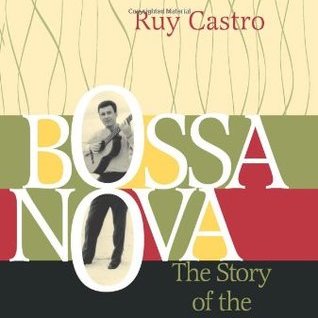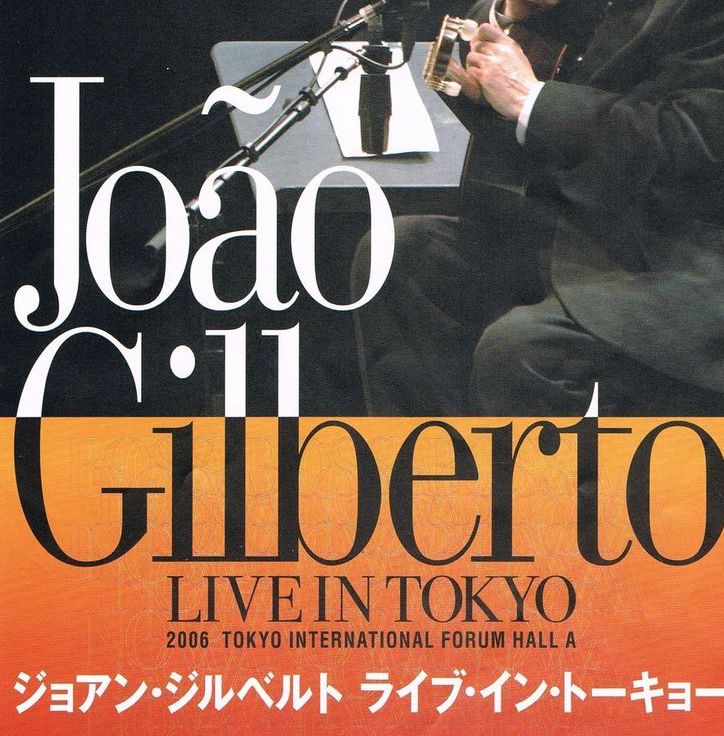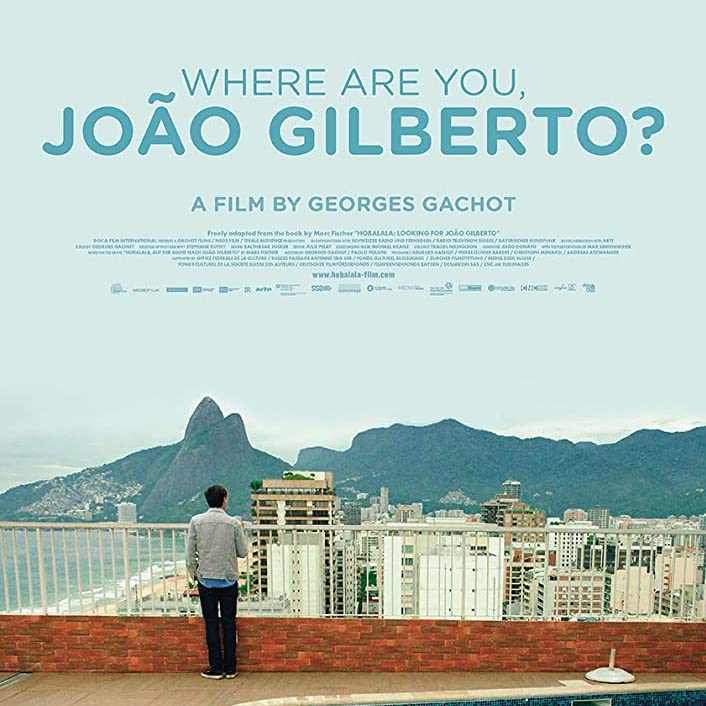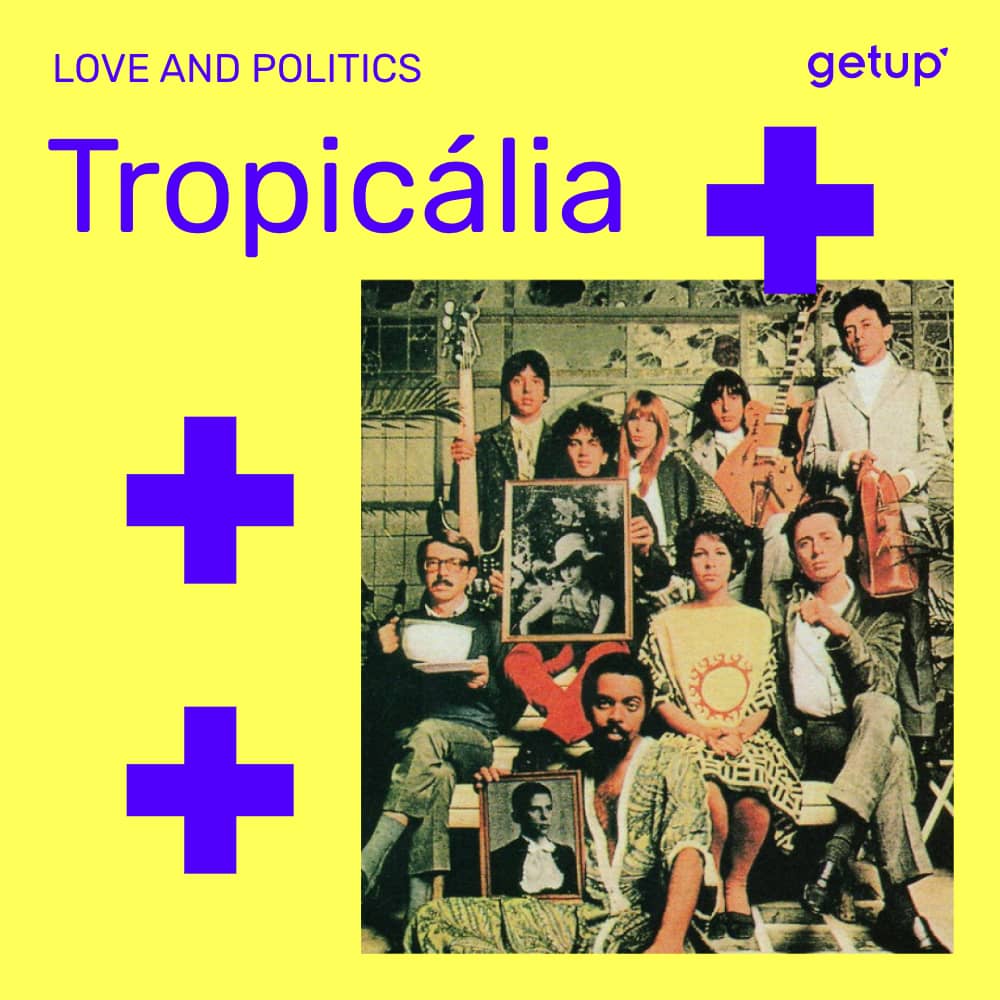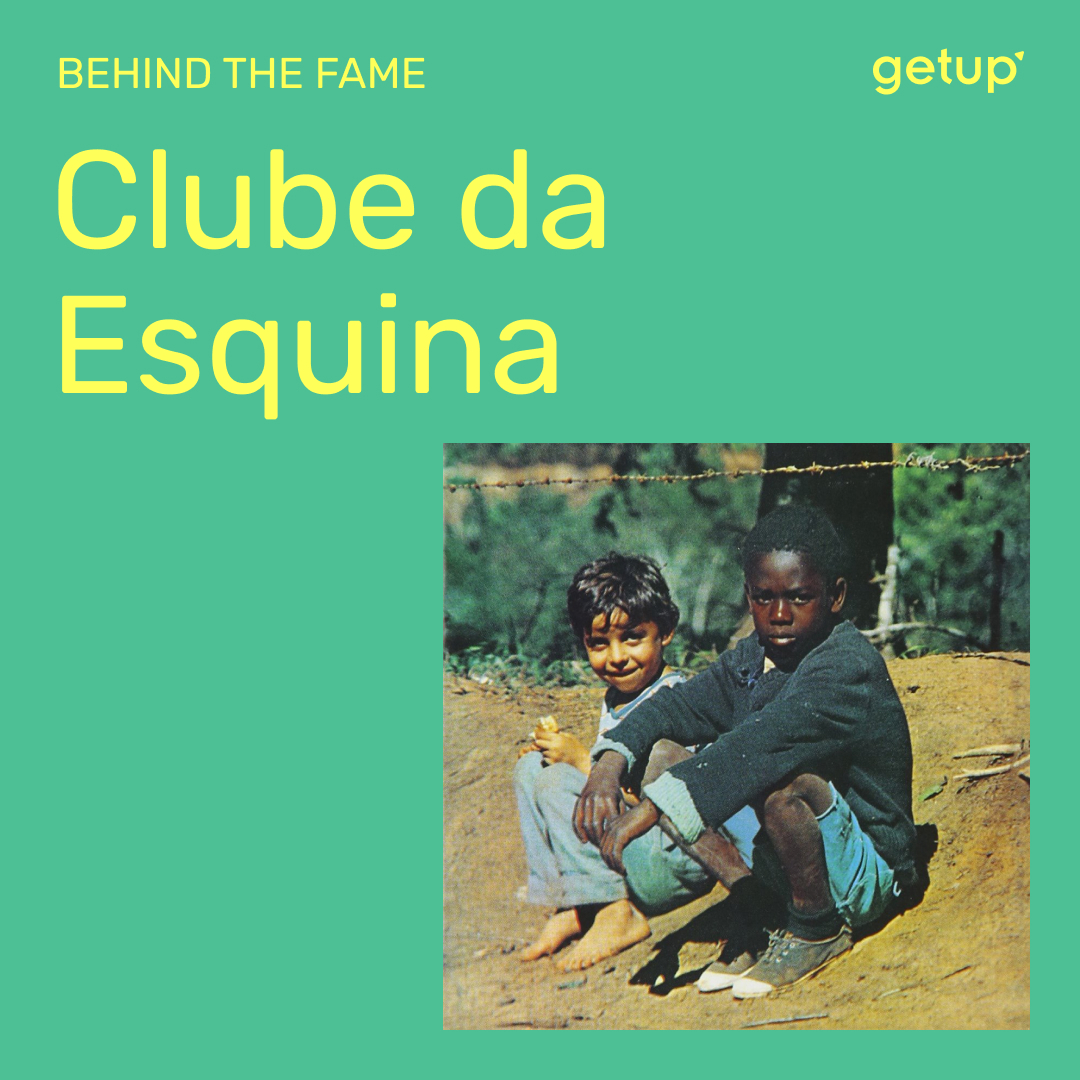On 6th July 2019, at his home in Rio, the lights of one of the greatest voices of the 20th century went out. Maybe one of the greatest voices ever, for the Brazilian artist was timeless. ‘He was a master of his art’ according to Caetano Veloso, another voice whom we hear less of these days. ‘A singing genius appears once a century and this time, it was João’ said Gilberto Gil, and his friend, the singer Gal Costa, an icon of the tropicalist movement, described João as ‘Brazilian music’s greatest genius’.
Saying that the continent wept at the loss of one of the fathers of the bossa nova would be an understatement. One only need look at how the sad news echoed around the world. Only Jair Bolsonaro, Brazil’s badly chosen, ever-tweeting leader, wasn’t up to the task. That is to say that the singer, native of Juazeiro, a town in the Nordeste, represented the exact opposite of the distasteful president. João Gilberto encapsulated another side of Brazil, one that is far from all the clichés we often hear about the county.
By way of proof, he went so far as to question the idea of ‘bossa nova’ – the new wave of which he certainly helped to bring about – with his version of "Chega De Saudade" recorded on 10th July 1958. History will remember this date, even if, some years later, he confessed that ‘I don’t know what bossa nova is. I play samba.’
It is this paradox that says it all, underscoring the eminently singular character of a musician who was irreducible to a single style. He had his own inimitable, instantly recognisable sound, telling stories with singing and speaking, with offbeat guitar riffs, a handful of chords, and then a breath and a simple whisper, knowing perfectly how to capture silence. Sometimes it’s the little touches that make all the difference.

